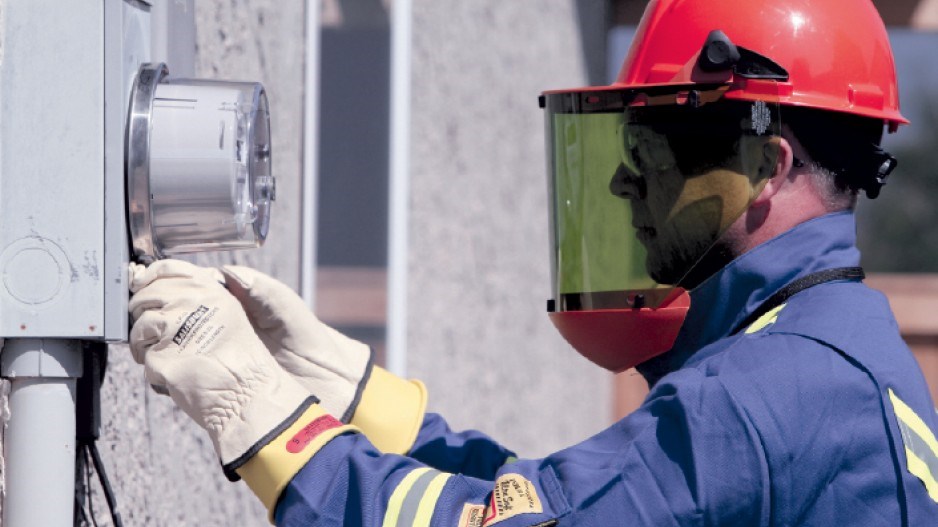Between 2016 and 2020, as new liquid natural gas plants come online, B.C. will experience a 1,000-megawatt power gap, according to BC Hydro’s most recent load forecasts.
That shortfall is the equivalent of the electricity needed to power 400,000 homes.
Bridging that gap until the new Site C dam is built will require finding significant efficiencies within the existing electrical system, says David Craig, executive director of the Commercial Energy Consumers Association of B.C.
He believes B.C.’s new smart grid technology, which includes smart meters, will go a long way to achieving those efficiencies, and he is encouraging B.C. businesses to get on board with smart grid investments.
“The investment has been made, we have the smart meters. It only makes good business sense to make the maximum use of them,” Craig said. “There’s an opportunity for the commercial sector to benefit from them.”
In a soon-to-be-released Smart Meters and the smart grid – a commercial perspective white paper, Craig concludes that BC Hydro is lowballing the cost benefits of smart grid technology.
The power utility is investing close to $1 billion in new meters and other smart grid improvements. It predicts $520 million in net savings over 20 years, due to greater system efficiencies, and reductions in electricity theft from marijuana growers.
“My estimate is that actual benefits will be closer to $2 billion to $5 billion [over 20 years],” Craig told Business in Vancouver.
BC Hydro will have installed 1.9 million smart meters by the end of this year for all homes and businesses in B.C. While smart meters have received most of the media attention, they’re just one component of BC Hydro’s smart grid improvements.
Craig said the main benefit of smart grid technology is that it will eliminate waste. Because BC Hydro doesn’t have precise, up-to-the-minute information on where, when and how much electricity is used, the utility has to provide a cushion.
“Hydro has to set the settings on its system to deliver more electricity than is needed to make sure that the last person on the line gets an adequate amount of electricity,” Craig explained. “The consequence of that is everybody is supplied too much electricity and has to pay for it.”
Craig added that the importance of a smart grid technology will become even more evident with the gradual adoption of electric vehicles.
Electricity in electric vehicle batteries can flow either way. Smart grid technology will allow BC Hydro to tap electric vehicle batteries, using their power for voltage regulation during peak demand times, then recharge them at off-peak hours.
However, for that to work, BC Hydro would need to introduce incentives like time-of-day pricing (i.e. charging more at peak times and less in off-peak hours). Cindy Verschoor, communications manager for BC Hydro’s smart meter program, said time-of-day pricing is not needed and not contemplated.
But Craig believes time-of-day pricing might evolve anyway because some businesses may see the cost advantages of variable energy pricing and, if it becomes available, opt into it voluntarily.
Tyler Bryant, energy policy analyst for the David Suzuki Foundation, said smart grid technology will also become critical to managing electricity flows from intermittent energy sources, like wind and solar power. •




